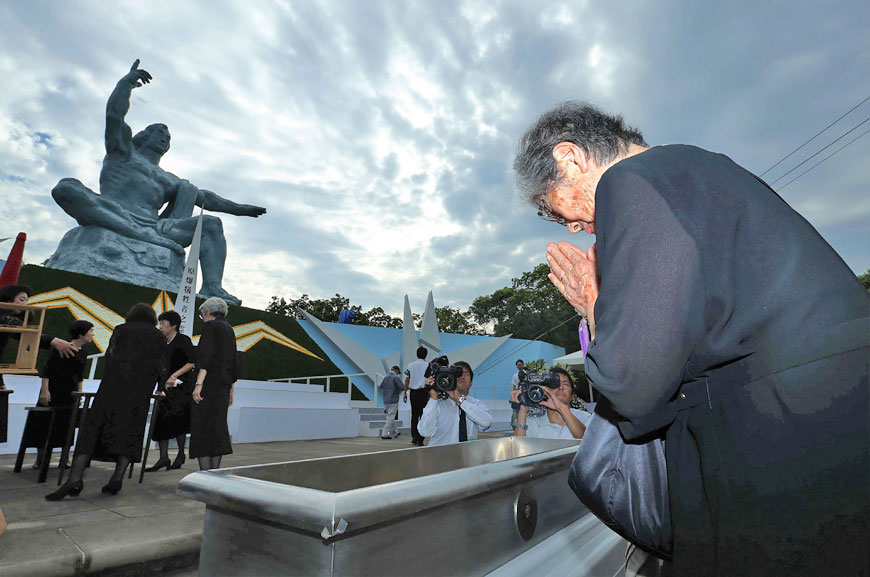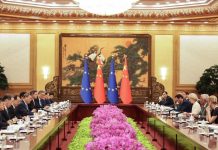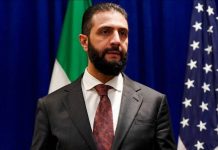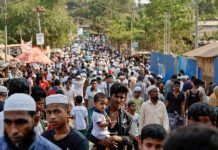The annual memorial ceremonies in Hiroshima and Nagasaki are not just moments of remembrance but also calls to action for the global community to eliminate nuclear weapons and prevent such tragedies from ever happening again.
On August 6 and 9, 1945, the world witnessed one of the most devastating events in human history—the atomic bombings of Hiroshima and Nagasaki. These attacks not only marked the end of World War II but also ushered in a new era of existential fear and moral reckoning. The lives lost in these cities were not merely casualties of war; they became eternal symbols of the horrors of nuclear weapons and the urgent need for global peace. The Japanese who sacrificed their lives in these attacks are, in many ways, the sovereign guardians of peace in our world today.
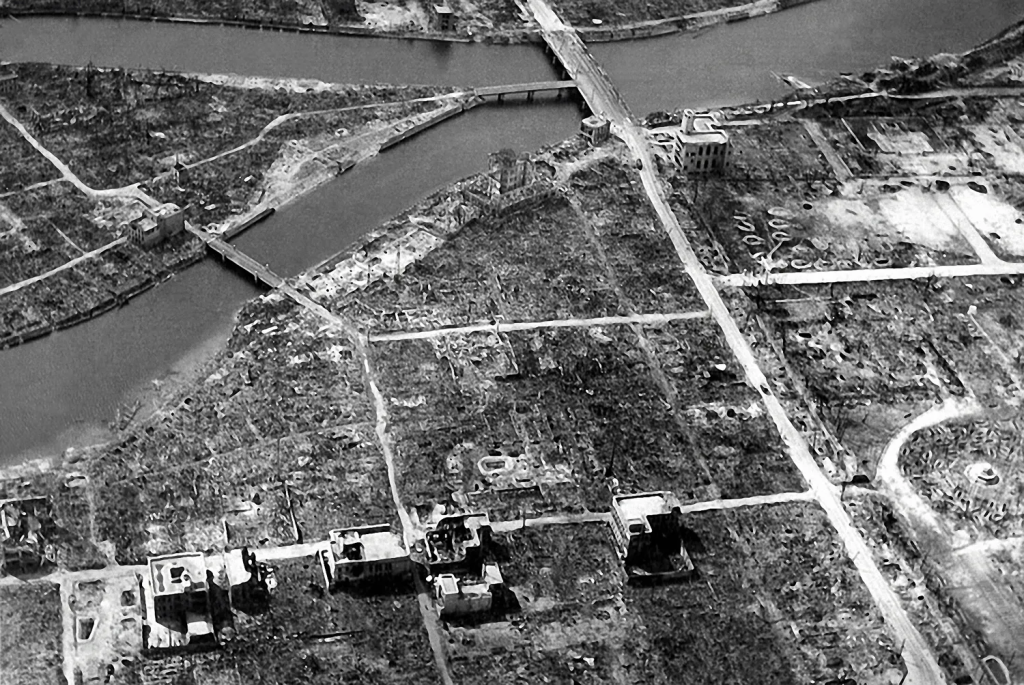
The Human Cost of Hiroshima and Nagasaki
The atomic bombs dropped on Hiroshima and Nagasaki claimed the lives of between 150000 to 246,000 people, most of whom were civilians. Men, women, and children were vaporized in an instant, while others suffered agonizing deaths in the days, weeks, and months that followed due to radiation poisoning. Survivors, known as hibakusha, endured lifelong physical and psychological scars, serving as living reminders of the catastrophic consequences of nuclear warfare.

The victims of these bombings were not soldiers on a battlefield; they were ordinary people—families, students, workers, and elders—who were going about their daily lives. Their deaths were not just a tragedy for Japan but a profound loss for humanity. In their sacrifice, they became a powerful testament to the futility of war and the need for nations to pursue peace.
A Sovereign Call for Peace
The term “sovereignty” often refers to the authority of a state to govern itself. However, the sovereignty of peace transcends borders and politics. It is a universal principle that belongs to all humanity. The victims of Hiroshima and Nagasaki, through their suffering and loss, have become the embodiment of this principle. Their stories compel us to reflect on the moral and ethical responsibilities of nations and individuals alike.
Japan, as a nation, has emerged from the ashes of these bombings as a staunch advocate for peace. The country’s post-war constitution, which renounces war and prohibits the maintenance of armed forces for offensive purposes, stands as a unique and powerful commitment to peace. The annual memorial ceremonies in Hiroshima and Nagasaki are not just moments of remembrance but also calls to action for the global community to eliminate nuclear weapons and prevent such tragedies from ever happening again.
Lessons for the World
The bombings of Hiroshima and Nagasaki serve as a stark reminder of the destructive power of nuclear weapons and the irreversible consequences of their use. In a world where nuclear arsenals still exist, the threat of annihilation looms large. The victims of these attacks remind us that peace is not merely the absence of war but the active pursuit of understanding, cooperation, and disarmament.
The international community has taken steps toward nuclear non-proliferation, such as the Treaty on the Non-Proliferation of Nuclear Weapons (NPT) and the Treaty on the Prohibition of Nuclear Weapons (TPNW). However, much work remains to be done. The voices of Hiroshima and Nagasaki must continue to resonate, urging nations to prioritize dialogue over conflict and to invest in diplomacy rather than destruction.
Honoring the Sacrifice
To honor the sacrifice of those who lost their lives in Hiroshima and Nagasaki, we must commit ourselves to building a world free from the threat of nuclear war. This requires not only political will but also a collective shift in consciousness. We must recognize that the sovereignty of peace belongs to every individual, community, and nation. It is a shared responsibility to ensure that the horrors of 1945 are never repeated.
The Japanese who perished in the atomic bombings did not choose their fate, but their legacy is one of profound significance. They remind us that peace is fragile and must be nurtured with courage and determination. Their sacrifice is a sovereign call to action—a call to reject violence, to embrace compassion, and to work tirelessly for a future where nuclear weapons are relics of the past.
In remembering Hiroshima and Nagasaki, we honor not only the lives lost but also the enduring hope for a peaceful world. Their sacrifice is a beacon of light in our collective journey toward a future where peace prevails over war, and humanity stands united in its commitment to life and dignity.
BY: Nadeem Faisal Baiga


